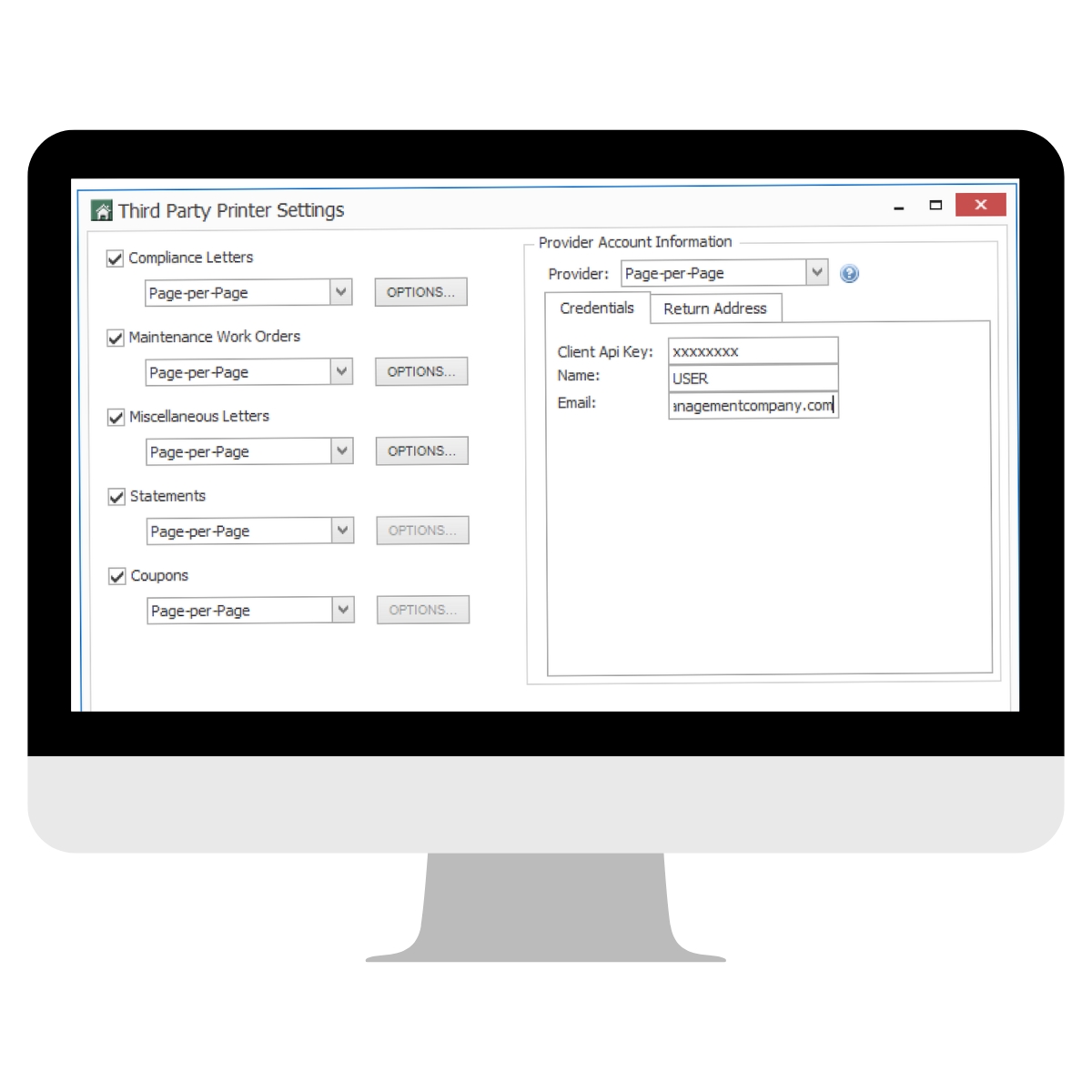Whether you live in a suburban neighborhood or an urban condominium complex, your Homeowner Association (HOA) is responsible for managing common areas and enforcing community standards. However, the best HOAs are also the “beating heart” that brings a community together. And a well-designed community website provides an excellent foundation.
Why Should Your HOA Have a Website?
Beyond neighborly ideals, the best HOA websites provide the opportunity for homeowners, residents, board members and the management company (if applicable) to interact with each other. A well-designed website also makes the entire association appear more professional and organized – which in turn attracts more civic-minded and organized residents.
There are many ways to design an efficient and useful website. Beyond fancy layouts and mobile-friendly views, here are five elements that the most engaging HOA websites have in common.
1. Effective Communication
An informed community has a better chance of becoming a harmonious one. A Homeowner Association’s first obligation to homeowners and residents is to keep them up-to-date with all the important events in the community. At a minimum, when you set up your HOA website, you should include the following:
- Calendar with upcoming events and reminders.
- News posts with community news and announcements
- Document library (Collection of HOA documents such as meeting minutes, architectural guidelines, etc.)
- Useful links (schools, parks, utilities, churches, etc.)
- Simple payment options for collecting dues and other bank services
Premium features which further enhance the effectiveness of a website’s ability to communicate with its residents include, but are certainly not limited to:
- Directory of homeowners (which includes the ability to opt-in or out and include / exclude personal information)
- Groups to allow residents to collaborate on matters of mutual interest
- Forums to empower homeowners to constructively participate in important HOA matters
- For Sale (homes, items, services, etc)
These features will increase the site’s value and encourage the residents to frequently visit the website, creating an engaged community.
2. Private, Public and Personal pages
The best HOA websites have pages that can be viewed by anyone (Public); only to registered residents of the HOA (Private) and only by an individual homeowner (Personal).
Each HOA will have a different opinion on what information should be made public or private. So the best websites will allow HOAs the flexibility to categorize each page as public or private.
A personal profile’s functionality also makes it easy for each user to create a profile page and share it, which can foster a stronger community.
3. Two-Way Interaction
An HOA website that provides one-way communication only (HOA to homeowner / resident) will fail miserably if its goal is to unify the community. If a homeowner does not feel they have a voice, the community runs the very real risk that homeowners will create their own social media platform, radical and unmonitored, to voice their opinions and concerns (i.e. Facebook, Nextdoor, etc.)
The best HOA websites provide two-way communication…monitored, of course. But, give homeowners the feeling that their voices and opinions matter and your chances for harmonizing your community rise dramatically.
In addition to providing an easy way to communicate with their community manager, two way communication can be provided in any of the following ways:
- Groups
- Forums
- Houses and items for sale
- Referrals to service providers
4. Customization
HOAs are like people (because they are made up of people). Each HOA has its own personality, and therefore its own set of needs.
Most HOA websites offer different subscription levels, which is great. A base level subscription is perfectly suited for many HOAs while a fully featured subscription, integrated with the industry’s most common HOA accounting software platforms, might be required for others.
However, thanks to new HOA technology, the best HOA websites provide the ability to enable or disable features within a subscription. If a feature is not needed, why clutter the website? Simply disable it.
But even the feature-rich subscriptions cannot meet 100% of the needs of 100% of HOAs. So, the best HOA websites also allow for the creation of custom pages and custom forms. Now, you have a website provider that truly can meet the exact needs of every community.
5. Easy to Use
It doesn’t matter what features it has or how pretty it is – if a website is not easy to use, it will fail. And when we say “easy-to-use, we mean it must be easy for the website administrator to maintain and update, as well as for homeowners to navigate.
Search for HOA websites today and you are more likely than not to find websites that are OLD (think early 90’s), difficult to navigate and have not been updated for months or even years. Homeowners are NOT visiting these sites. They are not engaged. And if these communities are professionally managed (using a professional HOA management software), the HOA is likely to change hands every few years.
In addition to selecting an HOA website provider that makes website building an easy process, make sure they will give you 30 days to “try it out for free”. Any provider who is willing to offer an extended free trial is confident they will win you over…and they most likely will.
Take Your HOA Website to the Next Level
Turning to experts, such as Hoampage to get your HOA website created, will ensure your board and homeowners are engaged from the start and will continue for years to come. Looking for more? Hoampage is just one of a trio of HOA solution providers. Page Per Page provides HOA mailing solutions (payment coupon books, billing statements and assessments, proxies and ballots, violation notices, certified mail, annual meeting notices, etc.). Association Vote is a robust online voting solution (with zero set-up costs) for HOAs that are located in states where electronic voting has been approved.





